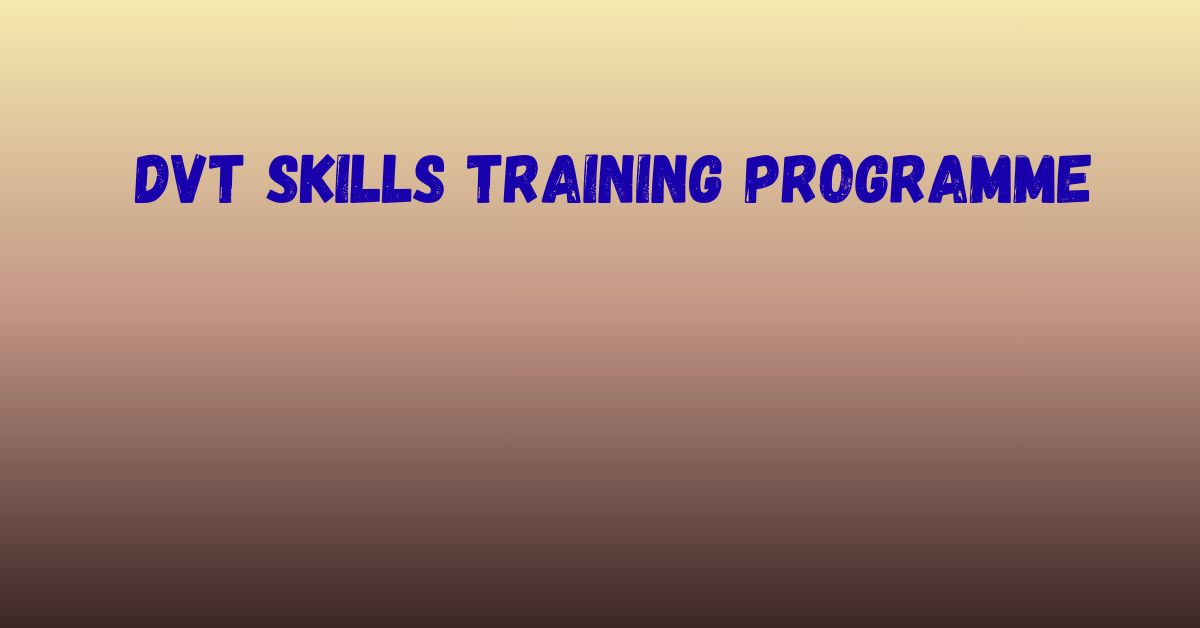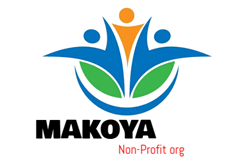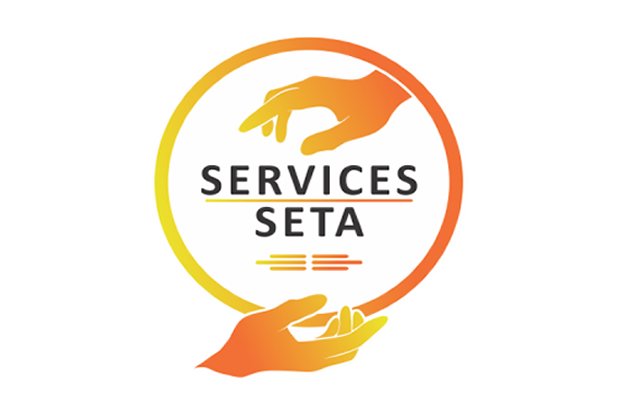
DVT Skills Training Programme
Building the Expertise to Save Lives and Advance Your Professional Journey
A Personal Story: From General Nursing to Life-Saving Expertise
When Lerato, a young nurse from Cape Town, started her career, she had a strong desire to help patients with complex conditions. But she often felt unprepared when confronted with cases of Deep Vein Thrombosis (DVT)—a condition she knew could quickly become life-threatening.
One afternoon, she cared for a patient recovering from surgery. He complained of persistent pain in his leg. With little DVT-specific training, Lerato hesitated to act. Later, the patient developed a pulmonary embolism, a complication that could have been avoided with early intervention.
Determined never to feel that helpless again, Lerato enrolled in the DVT Skills Training Programme. Today, she is a confident specialist in vascular health, capable of spotting early signs of DVT, managing treatment plans, and educating patients on prevention.
Her story is not unique—healthcare workers across South Africa are recognising the need for this critical skill set.
Understanding Deep Vein Thrombosis: Why Specialised Training Matters
Deep Vein Thrombosis is a medical condition where a blood clot forms in a deep vein, typically in the legs. While it might sound like a limited issue, the consequences can be severe, even fatal.
How DVT Happens
Blood normally flows freely through the veins, returning to the heart. But when a clot blocks a deep vein, the blood flow slows or stops. This can be triggered by:
- Long periods of immobility (such as after surgery or during long flights)
- Certain chronic diseases like cancer or heart disease
- Genetic factors affecting clotting
- Severe injury or trauma
The Risk in South Africa
DVT Skills Training Programme, DVT has become an increasing concern in South Africa due to a combination of lifestyle factors, an ageing population, and rising rates of chronic illness. Cases are not only common—they’re costly to the healthcare system and devastating to affected families.
The most dangerous complication is pulmonary embolism (PE)—when a clot travels to the lungs, blocking blood flow. Another long-term complication, post-thrombotic syndrome (PTS), can cause swelling, pain, and skin damage that last for years.
Why the DVT Skills Training Programme Exists
The DVT Skills Training Programme was created to fill a skills gap in South Africa’s healthcare sector. While basic medical training covers circulatory conditions, few practitioners get the hands-on, specialised instruction needed to diagnose and manage DVT effectively.
Useful Links:
The programme provides a mix of theoretical knowledge, clinical practice, and patient education strategies—making graduates highly capable in preventing and treating the condition.
Inside the Curriculum: What You’ll Learn
The course is structured to cover every stage of DVT care:
- Pathophysiology of DVT
- Understanding how clots form, risk factors, and disease progression.
- Diagnostic Techniques
- Training on Doppler ultrasound, D-dimer testing, and interpreting imaging results.
- Treatment Modalities
- Safe use of anticoagulants (blood thinners), clot-busting drugs, and compression therapy.
- Preventative Strategies
- Lifestyle and mobility recommendations to reduce clotting risks.
- Patient Education and Counselling
- Communicating clearly about symptoms, treatment compliance, and lifestyle adjustments.
Hands-On Learning: Beyond the Textbook
The programme isn’t limited to lectures and theory. You’ll also take part in:
- Simulation Exercises: Practise diagnosing and treating DVT in a controlled environment.
- Case Studies: Work through real-life patient scenarios to build critical thinking skills.
- Clinical Placements: In some institutions, students spend time in hospitals or vascular clinics, applying skills under supervision.
This practical approach ensures you leave the course not just knowledgeable, but fully ready to act in urgent situations.
Career Benefits: Why This Training Sets You Apart
Specialising in DVT care can significantly enhance your professional standing.
1. Specialisation Equals Opportunity
Healthcare employers value niche expertise. With DVT training, you can work in:
- Hospital vascular units
- Private specialist practices
- Rehabilitation facilities
- Community health programmes
2. Pathway to Senior Roles
DVT training can open doors to leadership positions in nursing, physiotherapy, sonography, or even public health education roles.
3. Contribution to Better Patient Outcomes
Early detection and accurate treatment of DVT saves lives. As a trained professional, you can directly prevent life-threatening complications like pulmonary embolism.
The Human Impact: Beyond Career Advancement
Healthcare is about people first. By enrolling in this programme, you’re positioning yourself to:
- Catch DVT early, when it’s most treatable
- Support patients in recovery and long-term prevention
- Educate families and communities on reducing risk
In Lerato’s words:
“This training didn’t just make me a better nurse—it made me an advocate for my patients’ lives.”
How to Enrol in a DVT Skills Training Programme
Eligibility Requirements
While entry criteria may differ between institutions, you typically need:
- A healthcare qualification (nursing, medicine, physiotherapy, radiography, etc.)
- Proof of registration with your relevant professional council (e.g., SANC, HPCSA)
- Relevant work experience in a clinical setting
Application Process
- Research Institutions: Look for accredited programmes in South Africa.
- Prepare Your Documentation: Include certified copies of qualifications, ID, and professional registration.
- Complete the Application Form: This may be online or in PDF format.
- Submit Before the Deadline: Late applications are rarely considered.
Choosing the Right Programme
When selecting a training provider, consider:
- Accreditation: Ensure the programme is recognised by relevant healthcare authorities.
- Faculty Expertise: Are trainers experienced in vascular health?
- Learning Format: Does it include practical placements?
- Cost and Location: Can you attend without disrupting your work?
Reading past student reviews can be helpful. One former participant shared:
“This programme gave me confidence to handle DVT cases on my own. The combination of theory and practice was invaluable.”
Funding and Support Options
Some programmes may be eligible for funding through:
- Employer sponsorship (especially in hospitals or private clinics)
- SETA grants for skills development
- Bursaries offered by healthcare associations
Investigating these options early can make the training more affordable.
Long-Term Value of DVT Skills Training
While the course is a short-term commitment, the benefits last a lifetime. You’ll gain:
- Confidence in diagnosing and managing complex vascular cases
- Increased employability across public and private sectors
- A reputation as a trusted resource in your workplace
The Bigger Picture: Addressing a National Healthcare Challenge
DVT is not just a medical issue—it’s a public health priority. Skilled professionals can reduce the economic and emotional toll of this condition on South African families. By training more specialists, we build a stronger, safer healthcare system for everyone.
Conclusion: Your Next Step in Healthcare Excellence
If you’re ready to move beyond general practice and develop specialised, life-saving expertise, the DVT Skills Training Programme is your gateway.
Like Lerato, you could go from uncertainty to confidence—making swift, informed decisions that protect your patients’ lives and advance your career.
Start by researching accredited programmes, gathering your application documents, and setting your goal for the next intake. The sooner you enrol, the sooner you can step into a role where your skills truly make a difference.
Quick Reference: Why Enrol in DVT Skills Training?
- Specialised Expertise: Stand out in the healthcare field
- Life-Saving Skills: Detect and treat DVT early
- Career Growth: Qualify for higher-level positions
- Patient Impact: Improve recovery and prevent complications






